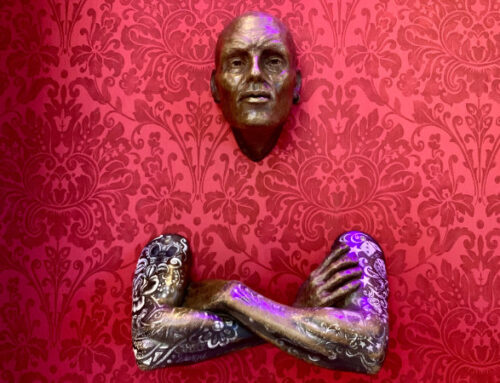The HARDtalk Ericka Huggins interview was an example for all executives who face tough media questions.
In case you’re not familiar with BBC’s HARDtalk, Stephen Sackur approaches his interviewees like a champion boxer feeling out his opponent. He tests his opponent with some light questions, often getting his opponent to admit things that he then pummels them with later.
But Ericka Huggins, a former Black Panther party member who served time in jail, never took the bait. In fact, she was so composed and forthright, that you could see Sackur’s respect for her growing throughout the interview.
Here are some lessons you can learn from Ericka’s interview:
- The best way to not sound rehearsed is to know your story and deliver it honestly.
- Be yourself. Ericka was utterly herself. Her natural mannerism e.g. looking up as she thought of her answer landed as honest and believable.
- Avoid crutch words. She did not use umhs, ahs, you-knows, etc., which made her sound polished and unrehearsed. If you are interviewed often, eliminating crutch words and phrases, will greatly enhance your credibility and project gravitas.
- Maintain good posture throughout. Ericka’s posture was perfect. She sat perfectly straight while letting her head tilts, and limited eye movements convey her honesty. If she was a witness for the defence, that person would get off.
- Own the blemishes in your story, yet provide context, so people understand the circumstance. Ericka admitted some unflattering truths about herself and about some Black Panther members and was able to credibly explain that those were different times, with different attitudes to women, for example. She also told her side of the FBI campaign to discredit them.
- Tell the positive of your story. Even if the interview is meant to embarrass you, you still have control. You don’t have to answer every question as asked. Ericka made sure to communicate the positive side of her experience with the Black Panthers and her work now.
Ericka succeeded in changing my mind about the Black Panthers. I didn’t know women were a major part of the movement, and it was largely non-violent, despite how they were portrayed in the movies. The women were mostly community workers who spent a lot of time teaching kids.
It’s a funny thing about speaking in public. You communicate so much more with your body and soul than your words.
During her interview I found myself so drawn in by the humanity of this woman, at the interview’s end, I felt I wanted to meet this elegant and polished woman. Maybe one day I will.
Meanwhile, Ericka Huggins is now an example to the speakers I coach.
You can find the interview on the BBC HARDtalk page here.



Any thoughts? Contributions/acknowledgments welcome.